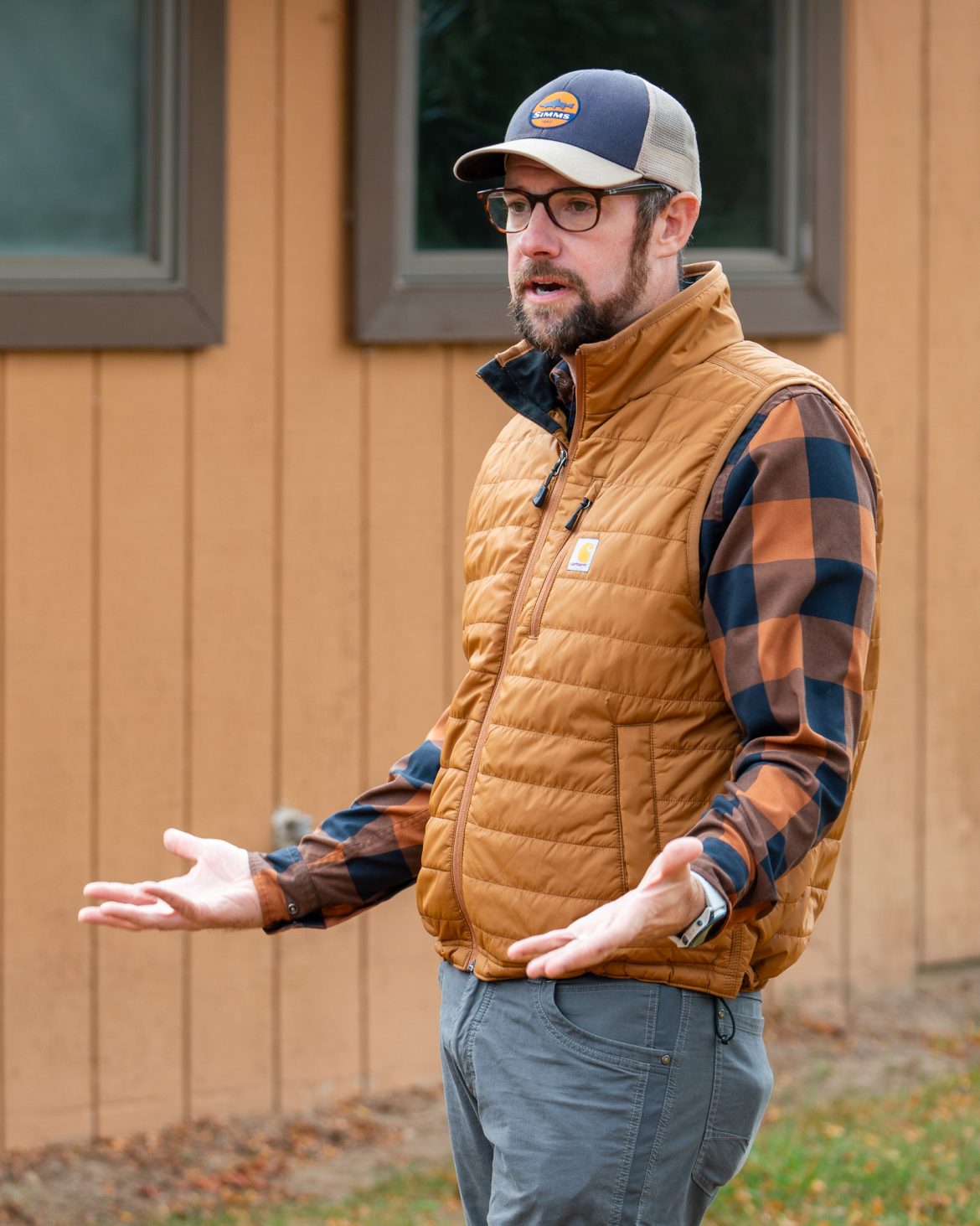By Gabriel S. Martinez
Capital News Service
The Michigan Department of Agriculture and Rural Development is placing quarantines around the state to contain an outbreak of invasive species, mainly by way of transporting firewood infested with pests. Laurel Downs, the forest health conservation coordinator for the national Don’t Move Firewood campaign, said when insects get introduced into a new ecosystem from global trade, sometimes through packaging material and mostly by firewood transportation, they typically lack any natural predators in the new environment.
That allows them to infest the wood.
“Usually it’s years before people discover them, so they tend to be well-established by the time managers start trying to tackle the issue,” Downs said. Quarantines are regulatory measures to prevent the spread of the pests after they have been established into a new ecosystem, according to the agriculture department. Cheryl Nelson, a forest health forester who does outreach for the Department of Natural Resources, said quarantines are effective when they’re used – but the lack of public awareness perpetuates problems.
According to a report by the Don’t Move Firewood campaign, Michigan is one of 26 states with external pest-based quarantines that include firewood as a regulated item and restricts the entry of some out-of-state firewood. State quarantines have been placed in Michigan on the mountain pine beetle (all firewood), the balsam woolly adelgid (fir) and the hemlock wooly adelgid (hemlock with needles and twigs), according to the report.
Other invasive insects include the emerald ash borer, spongy moth and the spotted lanternfly.
To be transported legally to a quarantined area, firewood must be treated to a specific standard.









